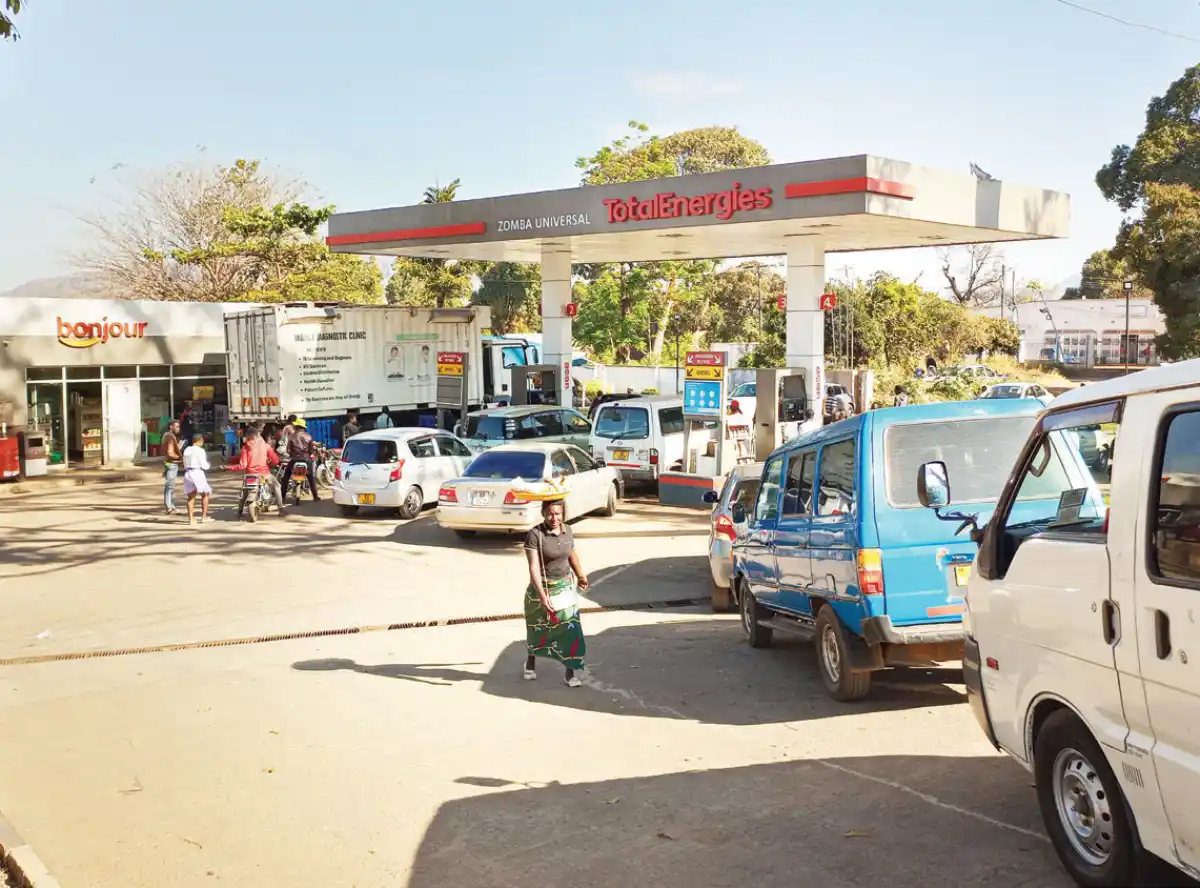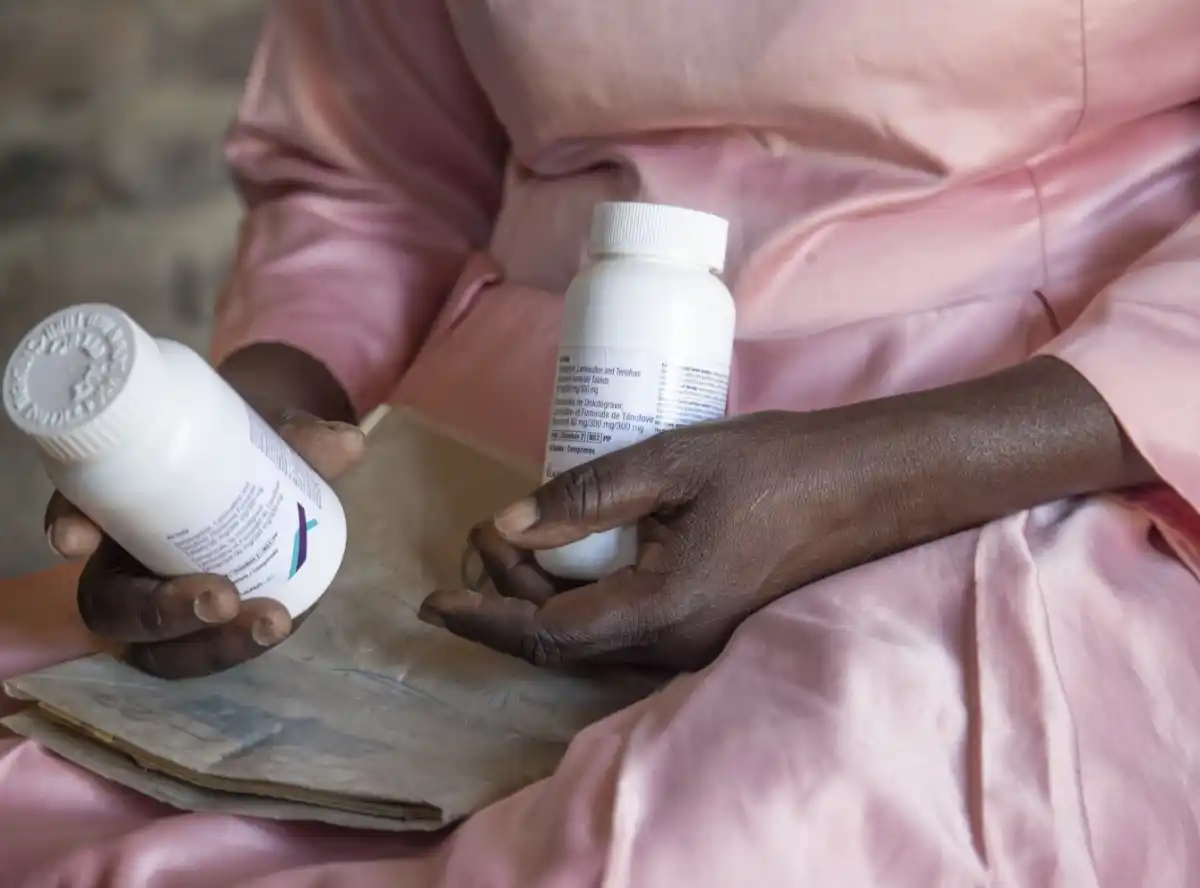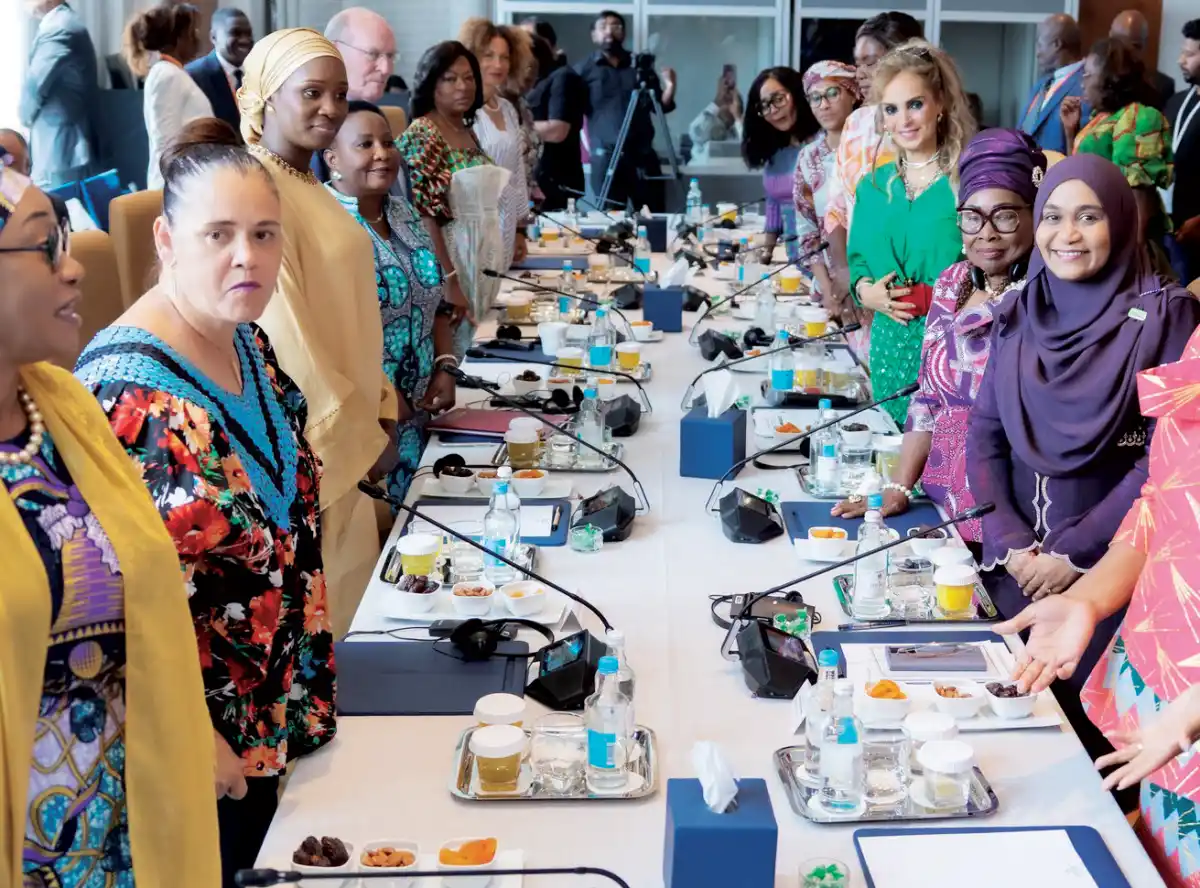
By Deogratias Mmana:
President Lazarus Chakwera is standing his ground on suggestions that the government, through its agencies, should raise fuel prices.
On Wednesday, the United States of America and the European Union, civil society organisations and opposition political parties, among others, suggested that raising the price of diesel and fuel could be one of the ways of containing the fuel crisis.
It is now over a month since the country was plunged into a fuel supply crisis, sending all sectors of the economy on their knees.

Government spokesperson, who is also Minister of Information, Moses Kunkuyu told The Daily Times that despite calls for fuel price hike, Chakwera was careful about approving the suggestion.
“It is true that our pump prices are low, compared with other countries, and there have been calls and recommendations for price increases but the President has been looking at the general welfare of the people, knowing that [a] fuel price increase can increase the consumer price index since transportation and logistics costs [are] likely to rise,” Kunkuyu said.
“Consumers may have to pay more for final products and services due to higher transportation costs. This generally leads to an increase in inflation and can reduce household purchasing power,” Kunkuyu said.
He said current efforts by the government were concentrated on ensuring availability and replenishment of the country’s reserves.
“Government assures Malawians that we are going to win this battle and that will be very soon,” he said.

But Kunkuyu’s sentiments go contrary to growing calls for the government to hike fuel prices so that the country could meet logistical fuel transportation requirements.
Malawi Energy Regulatory Authority Chief Executive Officer Henry Kachaje recently admitted that the country’s fuel prices were too low, adding that this was affecting the authority’s operations.
Both the Parliamentary Committee on Natural Resources and Climate Change and Consumers Association of Malawi asked the government to increase fuel prices but that request has not been considered as of now.
The United States of America also asked the government to hike the fuel prices.
US Public Affairs Officer Grant Phillipp said: “We have encouraged the government of Malawi to raise the price of fuel to adequately cover the cost of importation and regain sustainability in the supply chain.”
European Union Ambassador to Malawi Rune Skinnebach also urged the government to hike fuel prices as one way of managing the fuel flow in the country.

Skinnebach said the fuel crisis had affected many people in Malawi in many ways which include transportation to work, transport price hike, high fuel prices at the black market and others.
“It is a real challenge for all Malawians,” Skinnebach said.
The ambassador suggested three solutions to the problem. They include increasing fuel prices, forex generation and improving transportation modes in Malawi.
“Malawi needs to trade less and produce more and export it. The other way of dealing with this is to look at the transportation modes in Malawi. I know many people do not have access to cars and they take public transport. You need to introduce more economic use of resources you have,” Skinnebach said.
“I come from a small country in Europe where everybody is using their bikes. When I live in Brussels, I take my bike to the office every morning. And it makes me exercise,” Skinnebach said.
On the fuel prices hike, he said: “The third and painful means of responding to this is to increase the fuel prices and increase taxes on cars so that there are less cars in the country. These are painful measures but they are measures that are unavoidable if we want to keep the fuel flowing.”
A diplomat from another embassy said the generation of forex, applying austerity measures and increasing fuel prices could be some of the solutions to the crisis.
“When drivers go to search for fuel, some programmes are suspended or halted. Our ambassador failed to conduct some events,” the diplomat said.
Both the Parliamentary Committee on Natural Resources and Climate Change and Consumers Association of Malawi have, at one point or another, asked the government to increase fuel prices but that request has not been considered as of now.
Asked why Mera is not increasing the fuel prices, its spokesperson Fitina Khonje said on Wednesday that it was the mandate of the Mera Board to review the prices.
“And when the board is ready, it will inform the public,” Khonje said.
Sources said a recommendation was made to increase the fuel prices but the authorities have not yet given it approval.

On Tuesday, Energy Minister Ibrahim Matola announced that the government had secured foreign exchange facilities to enable immediate fuel procurement.
In a statement, Matola indicated that multiple fuel vessels were being processed for offloading at the country’s ports of entry to ensure prompt availability of the commodity.
“A Crisis Response Technical Team is now operational, monitoring supply chain disruptions and providing immediate responses around the clock,” Matola said.
Acknowledging the complexity of the situation, Matola said they were working around the clock to address the problem.
“We are strengthening collaboration with neighbouring countries to enhance regional fuel security and minimise supply disruptions. I want to be transparent with you—the fuel supply chain involves complex international logistics and financial mechanisms.
“While we are diligently working on both immediate and long-term solutions, we must ensure that our interventions are sustainable,” he said.
In an earlier interview, Khonje highlighted that the fuel supply issues were primarily driven by forex shortages and significant unpaid arrears to fuel suppliers, at the moment totaling over K800 billion.





0 Comments